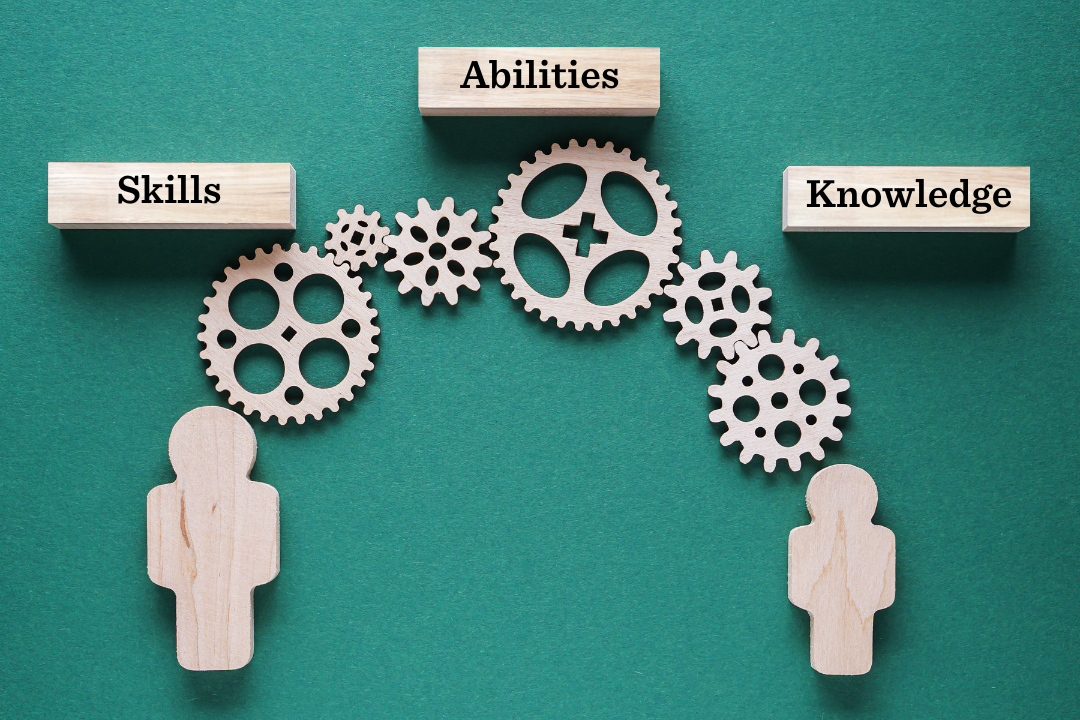 Knowledge management is crucial for county officials in order to effectively carry out their responsibilities and make informed decisions. There are several strategies that can help you manage your knowledge more effectively:
Knowledge management is crucial for county officials in order to effectively carry out their responsibilities and make informed decisions. There are several strategies that can help you manage your knowledge more effectively:
Document your knowledge
Keep detailed records of important information, decisions, and discussions. This can include meeting minutes, reports, and email correspondence. Having these documents readily available can help you quickly access key information when needed. Here are some best practices for documenting your knowledge:
- Internal Knowledge Base or Wiki:
- Create an internal knowledge base or wiki where employees can document information about the organization, products, operational procedures, workflows, and best practices.
- Design a documentation process that is transparent, consistent, and easy to understand.
- Consider using practical documentation tools that automate part of the process.
- Tools like Google Docs, Evernote, or Dropbox can help, but a centralized platform like an internal wiki simplifies knowledge sharing.
- Capture Processes and Procedures:
- Encourage employees to document their processes, procedures, and best practices.
- Save important files in a centralized location accessible to all team members.
Organize your information
Organizing and categorizing knowledge effectively is essential for efficient retrieval and understanding. Whether you’re managing a knowledge base, personal notes, or institutional information, here are some best practices to create a robust system:
- Define Your Scope:
- Start by deciding what topics your knowledge system should cover. Consider the context—whether it’s for personal use, team collaboration, or organizational purposes.
- Clearly define the boundaries of your knowledge system to avoid clutter and ensure relevance.
- Create Categories and Subcategories:
- Categories serve as high-level containers for related information. Think of them as major themes or subjects.
- Subcategories provide more granularity. They break down each category into specific topics or subtopics.
- Organize content in an intuitive manner so users can easily find what they’re looking for.
- Consistent Naming Conventions:
- Establish consistent naming conventions for files, folders, or knowledge entries.
- Descriptive names help users quickly identify the content they need. Avoid generic titles like “Document” or "Notes".
- Centralized Repositories:
- Store your knowledge in centralized repositories. These could be shared drives, cloud storage (e.g., Google Drive, OneDrive), a web-based wiki, or dedicated knowledge management platforms.
- Set access permissions appropriately to maintain security and privacy.
- Version Control:
- If your knowledge system involves documents or files, implement version control. Tools like Dropbox or SharePoint help track changes and ensure the most up-to-date information is accessible. You can even turn on Track Changes in Word files if needed.
Share your knowledge
Don't keep your knowledge to yourself. Share important information with colleagues, staff, and other stakeholders. The best way to achieve a seamless, effortless knowledge-sharing culture is to promote open communication, active listening, and a willingness to learn from each other.
Encourage a culture where your staff feel comfortable sharing their thoughts, starting with building trust among your staff. This can help ensure that everyone is on the same page and working towards common goals.
Continuously update your knowledge
Knowledge is constantly evolving, so it is important to regularly update your information and stay current on the latest developments. This can include attending training sessions, conferences, and workshops to stay informed.
CTAS offers many training opportunities for you and your staff to stay current. We offer live in-person and online training as well as a wide variety of online, self-paced courses. Our County Officials Certificate Training Program (COCTP) ensures you and your staff will receive and maintain current working knowledge -- enroll today!
By effectively managing your knowledge as a county official, you can improve decision-making, enhance communication, and ultimately better serve your community.
